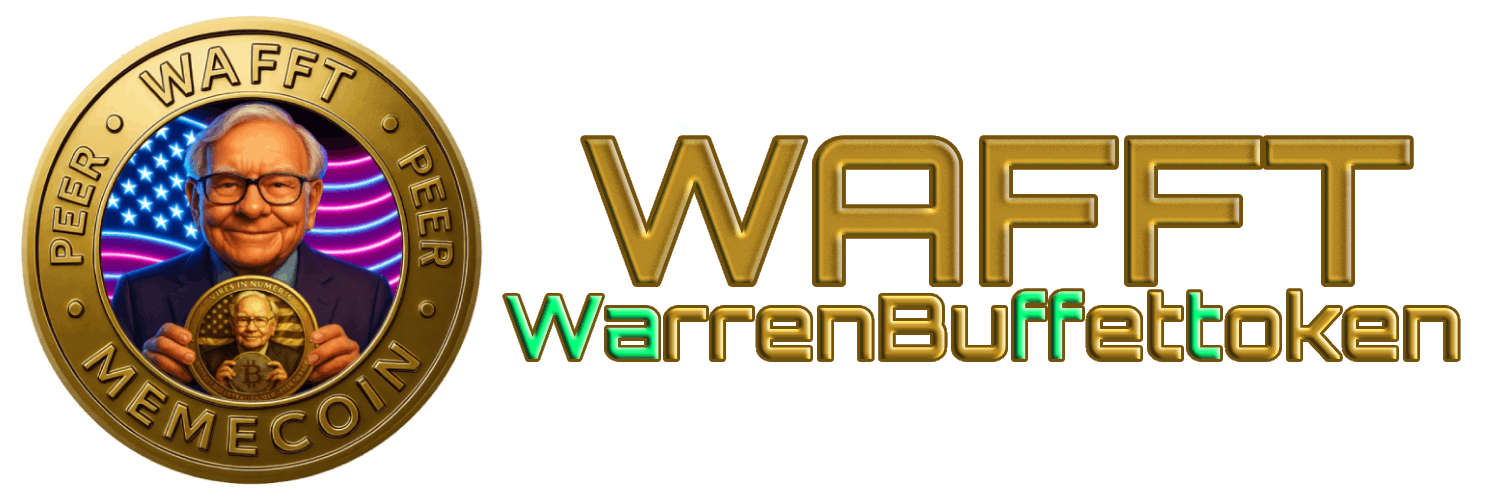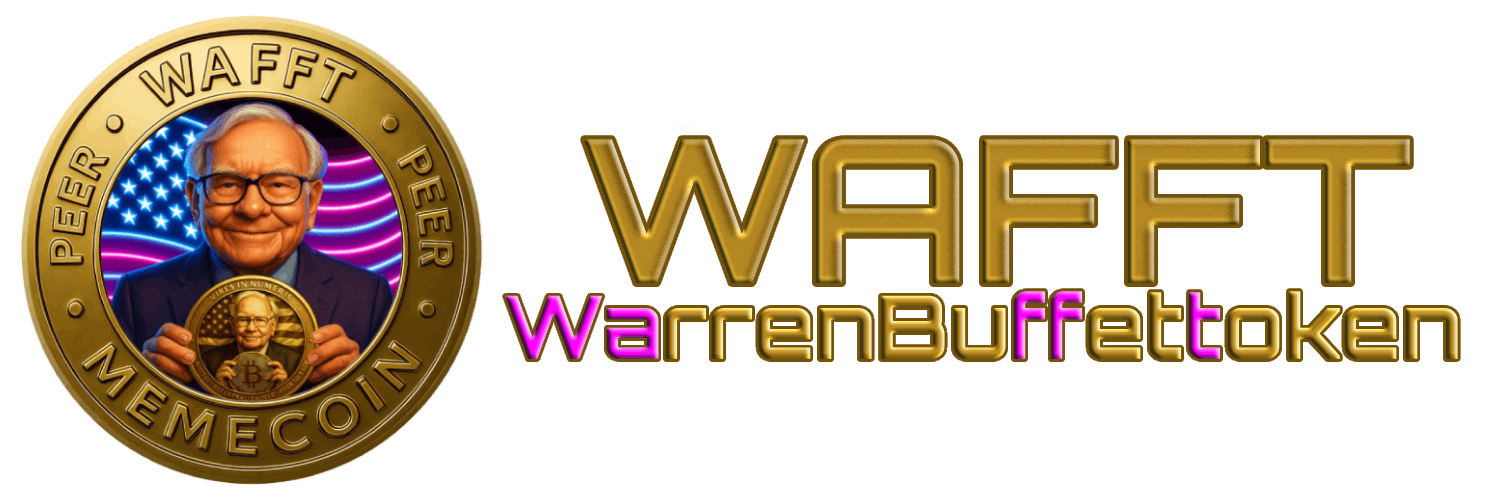Financial Market:
What is the financial market and why is everyone talking about it? 💹💰

The financial market is like a big party where money is the main guest. 🎉💵 Here companies, governments, investors and even you (without knowing it) meet to exchange, invest and earn more money. Although it may seem like a complicated concept, it is actually simpler than you think. Let's break it down so you understand how it works and why it is so important. 😎
Ok, but... what is the financial market?
The financial market is like the world's great bazaar of money 🌍💸, a place (physical or virtual) where financial assets are bought and sold: company shares, government bonds, foreign currencies and even contracts on the future price of raw materials such as oil or wheat. 🏦📈
Imagine a huge shopping mall, but instead of clothes, gadgets or food 🍔, what is exchanged here are rights, securities and contracts related to money. These "financial products" have a value and serve different purposes: from financing projects to protecting against risks or generating profits for investors.
The main objective of the financial market is to connect those who need money with those who have it. On the one hand, there are companies looking for financing to expand 🚀 or governments that need funds to build hospitals, roads or schools 🏗️. On the other hand, there are investors, who can be large institutions such as pension funds or small savers like you, who are looking to grow their money.
In addition, financial markets are divided into different types depending on the assets being traded or the way they operate. Some of the best known are:
- The stock market: Where stocks and bonds are bought and sold. Here companies seek financing by issuing shares, while investors buy these shares in the hope that their value will increase.
- The foreign exchange market (Forex): The largest market in the world in terms of volume. Currencies from different countries are exchanged here, something essential for international trade and the global economy. 💱
- The derivatives market: A little more complex, here contracts are traded whose value depends on another asset, such as oil, gold or even the weather.
The interesting thing about the financial market is that it is dynamic and constantly changing. Asset prices go up and down all the time, depending on factors such as the global economy, government policies, company decisions and sometimes simple human behavior. It is a place where logic and emotion, risk and opportunity coexist.
In short, financial markets are the heart of the economic system. They allow money to circulate, resources to be distributed efficiently, and individuals and businesses to achieve their goals. Although it may seem complicated at first, understanding how they work is key to taking advantage of their benefits and making better financial decisions. Welcome to the fascinating world of the financial market! 🌟📊
How does the financial market work?
The financial market is like a huge global auction that never stops. Here, buyers and sellers meet to exchange financial assets, and everything moves to the rhythm of supply and demand.
Although it may seem complicated, in essence its operation is quite logical. Let's break it down:
Supply and demand: the golden rule
The price of any financial asset, be it a stock, a bond or a currency, is defined by the laws of supply and demand 📉📈. If many people want to buy a stock, its price goes up, because it becomes more desired. Conversely, if there are more sellers than buyers, the price goes down. This mechanism ensures that prices are constantly adjusted, reflecting market expectations about the value of assets.
Intermediaries: market facilitators
In most cases, you do not interact directly with the seller or buyer. Instead, there are intermediaries, such as brokers (the famous "stockbrokers") and trading platforms, that make the transaction possible. These figures facilitate access to the market, execute orders and ensure that the exchange is carried out efficiently.
Regulation: the referee of the game
To ensure that everything works fairly and to avoid fraud or manipulation, financial markets are regulated. Agencies such as the SEC (Securities and Exchange Commission) in the United States, the ESMA (European Securities and Markets Authority) in Europe or the CSRC (China Securities Regulatory Commission) in China, are responsible for supervising market activities. Their mission is to ensure transparency, protect investors and maintain confidence in the financial system 🛡️.

Accessibility: the technological revolution
The most exciting thing about today's financial markets is that they have become democratized. Before, only a few people with suits, ties and privileged access could participate. Now, thanks to technology, anyone with a mobile phone and an internet connection can invest from an app 📲. Platforms such as Robinhood, eToro or Interactive Brokers have eliminated many barriers to entry, making the financial world more accessible to everyone.
The constant flow of information
Another key element in the functioning of the financial market is information. News, political decisions, business results or global events can influence asset prices in real time. Investors are constantly looking for data that allows them to anticipate movements and make more informed decisions.
In short, the financial market is a dynamic and global system where each transaction contributes to the movement of money and the distribution of resources. Although it may seem chaotic, at its core it functions as a perfectly organized ecosystem, governed by clear rules and sustained by the trust of those who participate in it. And the best thing is that it is now accessible to everyone! 🌍💸
Why is the financial market important?
The financial market is not just a space for billionaires and large corporations; it is a key player in the global economy that affects everyone, even if you don't realize it. 🫵 This system is vital to keep money flowing and ensure that resources like capital get to where they are needed, helping to drive economic growth and providing opportunities for individuals, businesses, and governments.
Facilitates economic growth
Companies rely on the financial market to get the money they need to expand. Imagine a startup that wants to launch a new product or a large company that plans to open factories in different countries 🌍. In both cases, they can go to the financial market to issue shares or bonds and get the necessary resources. This process not only benefits companies, but also creates jobs and encourages the development of new technologies and services.
Supports government projects
Governments also use the financial market to finance essential projects. Through the sale of bonds, they can raise funds to build roads, schools, hospitals, and other key infrastructure🏗️ (and in some cases embezzle funds😤). This access to capital allows governments to boost economic development and improve the quality of life of citizens.
Creates investment opportunities
Financial markets are a powerful tool for anyone who wants to grow their savings. From investing in stocks that can multiply their value to buying bonds that offer stable income, there are options for different risk profiles and financial goals. Even if you have little money, thanks to today's technologies, you can start investing with small amounts and take advantage of market growth 📈.
Accelerates the flow of money

Without financial markets, money would not circulate efficiently. This means that resources would be poorly distributed, investments would be more complicated, and economies would advance at a much slower pace. The financial market acts as an agile intermediary, making sure that capital reaches those who can use it productively.
Promotes innovation and globalization
In addition, financial markets allow innovative companies to find investors willing to bet on their ideas. This encourages the creation of new products, services, and technologies that can transform entire industries. They also connect economies of different countries, facilitating international trade and access to global resources.
In short, the financial market is not just an abstract space for economists and stockbrokers; it is an essential engine that keeps economies moving. It helps companies grow, governments finance key projects, and people improve their financial situation.
🌟 If we understand its importance and learn to take advantage of it, we can actively participate in this system that, although sometimes seems distant, is deeply integrated into our daily lives. 💸
And the risks?
Although the financial market offers great opportunities, it is also a field full of risks that can affect both large investors and small savers. 👨👦
Here are some of the main ones:
- Volatility: Asset prices fluctuate constantly. Sometimes these variations are small, but in other cases they can be so extreme that in a matter of hours you can win or lose large sums. Volatility is an inherent characteristic of the markets, but for those who are not prepared, it can become a difficult blow to manage. 😵💫
- Excessive speculation: There are participants who seek quick profits and take risks without measuring the consequences. This can artificially inflate prices and create financial bubbles. Examples of these bubbles range from the tulip crisis in the 17th century to more recent ones, such as those related to the real estate sector or cryptocurrencies. When these bubbles burst, the impacts can be devastating for both speculators and the rest of the economy.
- Global financial crises: A failure in the system can have ripple effects that transcend borders. The 2008 crisis is a classic example: it started with mortgages in the United States and ended up affecting banks, companies and governments around the world. These collapses not only generate economic losses, but also affect jobs, savings and confidence in the system.
- Systemic risks: When a major part of the financial system collapses, such as a large bank or a stock exchange, the domino effect can destabilize the entire system. This is especially dangerous in a globalized world, where markets are interconnected and local problems can quickly become international crises.
- Risk of fraud or bad practices: Although markets are regulated, there is always the danger of fraud, price manipulation or unethical practices that harm investors, especially smaller ones.
Therefore, it is essential to approach the markets with caution and knowledge. Investing is not a game or a gamble: it requires analysis, patience and, in many cases, the support of professionals to make informed decisions. In addition, diversifying investments and setting risk limits can be key to successfully navigating this environment full of possibilities, but also challenges. 🧠💡
The technological revolution in the markets 💻
In the last decade, technology has completely transformed financial markets, making them more accessible, faster and global. This change has opened the doors for more people to participate, but it has also brought new challenges and risks.
Here we tell you how technology has revolutionized the landscape:
Online trading: your portfolio at a click
Before, investing in the markets required long calls to stockbrokers or visits to offices. Now, thanks to online trading platforms, you can buy and sell assets from the comfort of your mobile or computer 📲. Tools such as MetaTrader, Interactive Brokers or bank apps have democratized access to the markets, allowing trading even with small amounts.

Cryptocurrencies: the new player on the field
The emergence of cryptocurrencies 🪙, such as Bitcoin and Ethereum, has shaken up the rules of the financial game. These digital currencies work without the need for banks or governments, based on technologies such as blockchain. Although they still generate debates due to their volatility and regulation, they have created new investment opportunities and have expanded the reach of financial markets to a younger, more technologically-oriented audience.
Fintech and apps: investing within everyone's reach
Financial technology (fintech) companies such as Robinhood, Revolut or eToro have changed the way we interact with money. These platforms offer intuitive tools that allow anyone to invest, save and even access personalized financial advice, all from an app. What once seemed exclusive to professionals is now within reach of your pocket.
Automation and algorithms: the power of data
With the arrival of algorithms and automated trading, markets have become incredibly dynamic. These tools can process large amounts of data in real time and execute trades in milliseconds. While this increases efficiency, it can also generate very fast and sometimes unpredictable price movements.
The Dark Side: Technological Risks
While technology has democratized markets, it has also made them more complex and, in some cases, riskier. Cryptocurrency volatility, algorithmic errors, and exposure to cyberattacks are all challenges that modern investors must consider. In addition, the speed of transactions can lead to impulsive decisions, increasing the chances of losses.
In short, technology has revolutionized financial markets, making them more accessible and global, but it has also brought new challenges. The key is to leverage these tools with knowledge, maintaining a balance between the excitement of participating and the prudence of investing responsibly. 🌍💸
Final reflection 💡
The financial market is like a big stage where money plays the main role. Participating in it can be a smart way to grow your savings, but it also requires knowledge and caution. Even if you are not a professional trader, understanding how it works helps you make better financial decisions and, who knows, maybe one day you will be encouraged to invest. 😉
Because in the end, the financial market is not just a place for experts: it is a space where we can all be part of the action! 🤑


